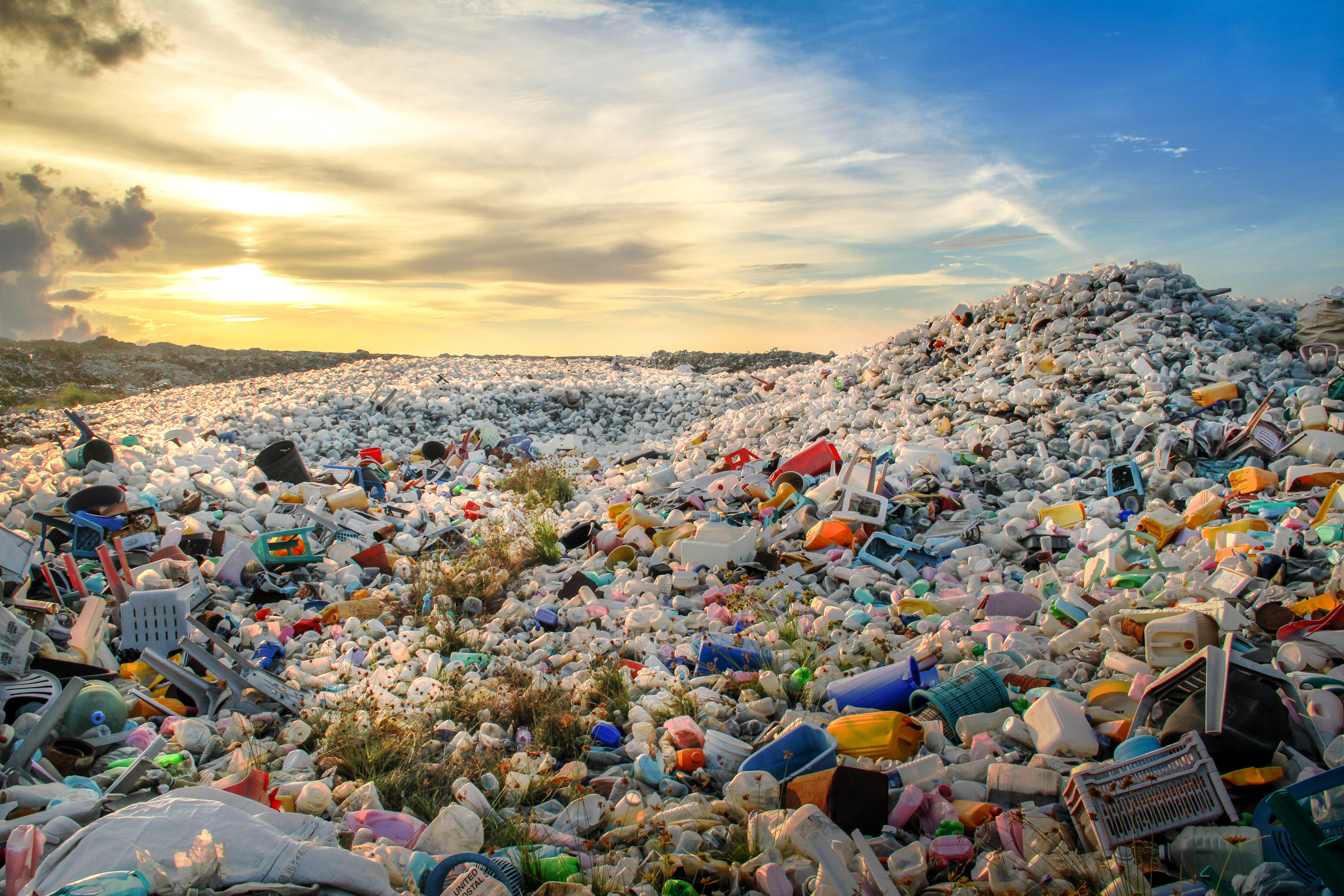What an 'Eco' Client Taught Us
April 12, 2021
Scroll Down

Americans have reached an all time high for plastic production, but the amount of recycled plastic every year has not grown. These plastics and their byproducts have ultimately littered our entire earth from city streets, to ocean reefs, causing nationwide concern for the future of our planet and forcing the sustainability ‘foot’ to really be put on the gas.
According to the United States Environmental Protection Agency (EPA), plastics now account for over 12% of all solid waste, which may not seem dominant, but it is important to remember that this number was less than 1% in the 1970s. Every year, more plastic is produced and consumed yet still only about 8% of our yearly plastic intake makes its way to a recycling bin. Even worse, major plastic producers rarely use the plastic that is recycled when producing their own plastic, ultimately voiding the purpose of recycling in the first place. Other industries such as glass and metals do in fact re-use their recycled products so do not let this discourage you from recycling, but instead illuminate the problem further. The way recycling has been branded makes it seem as if recycling your plastic is for the greater good but the sad truth is that non-recyclable plastics are separated and put in landfills, no different than what you put in the trash.
People making a difference, really aren't making a difference.
Many companies claim to retrieve plastics for you, claiming that it is going to be better used in their hands, but this aspect of the market is so miniscule compared to daily plastic consumption averages, that these companies really do not make a difference in the grand scheme of things. A wise man once said “If you don’t want to get injured skiing, don’t go skiing” and the same applies here. Plastics are nothing more than an easy cop out for factories to make quick packaging and as long as consumers demand it, the supply will increase. This isn’t rocket science, but the basic economics prove that as long as we purchase plastic, there will be plastic.

In order to help you cut plastics from your life, we have developed a list of strategies that you can start implementing today:
- Carry Reusable Shopping Bags
- Give Up Bottled Water
- Buy from Bulk Bins
- Shop your Local Farmers’ Market
- Request Better Packaging Online
- Refill Office Supplies Instead of Buying New
- Go Plastic Free for Parties
- Look for Solid or Powdered Cleaning & Personal Care Products
- Skip Plastic for Take-Out & Leftovers
- Avoid Single Serving Containers
- Ditch Plastic Garbage Bags
- Try to Borrow, Rent, or Buy Used First
- Buy in Metal, Glass, and Wood.
On a More Personal Note...
On top of that, plastics are harming us on a personal level, through their toxins known as PVC or vinyl. PVC creates dioxins when it is burnt, which means the same toxic compound found in bleach and herbicides, is what your blueberries have been sitting in for the past weeks. Other plastics also contain BPA’s which have been scientifically proven to disrupt hormones. Who would’ve known unnatural products would have unnatural consequences? Even worse, plastics contain thousands of additives and the manufacturers have no legal obligation to disclose what those additives are. This means even though your plastic box may say “BPA free”, the hoops they would have had to jump through to make that happen could lead to being an even more harmful product than before.
Regardless of your motives, plastic reduction in today’s world should definitely be on the forefront of everyone’s minds. As cliche as it may sound, change does not start from reading about other people taking action, change starts when the masses take action. So if a plastic-free life isn’t for you, don’t just leave this here, instead share and spread the word and maybe someone will take action for you.






